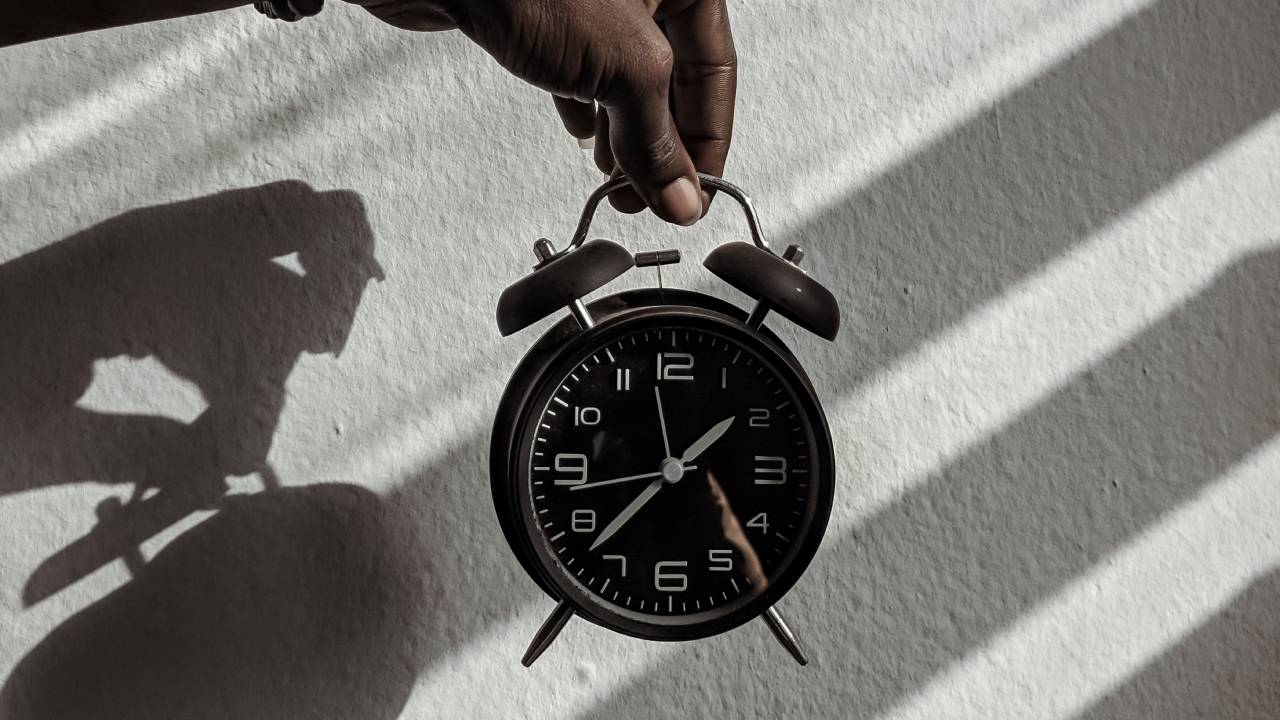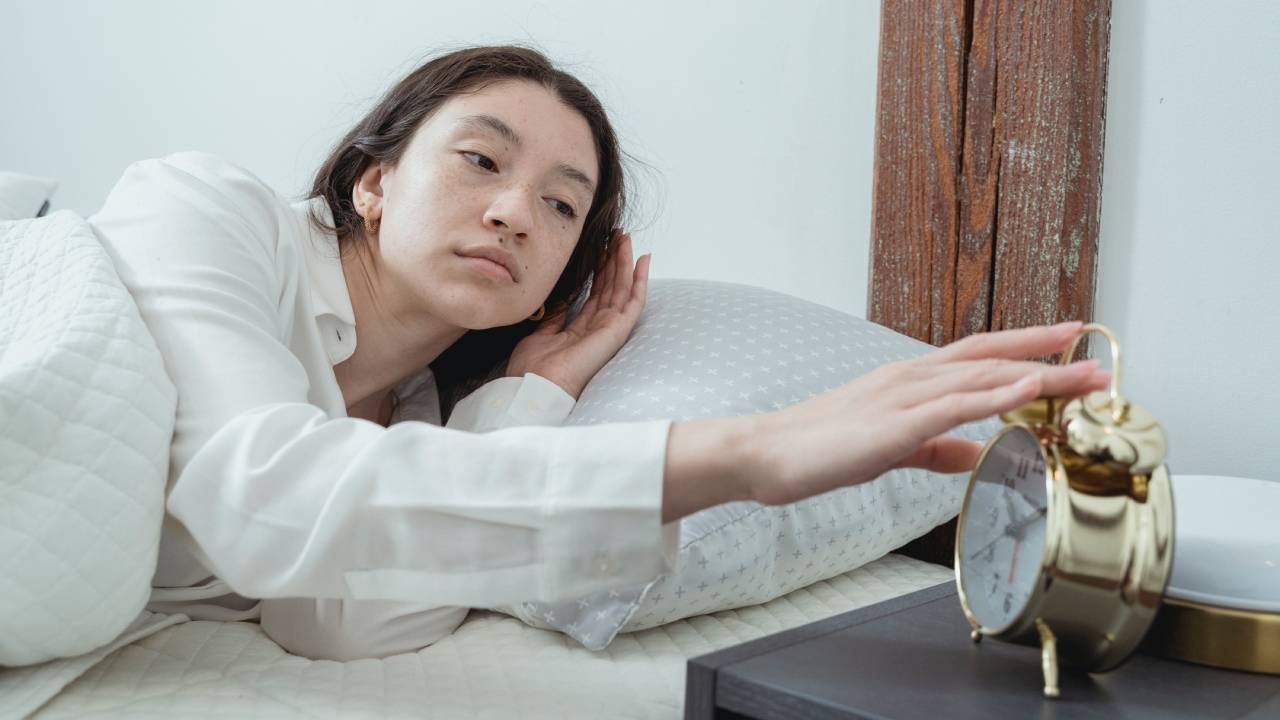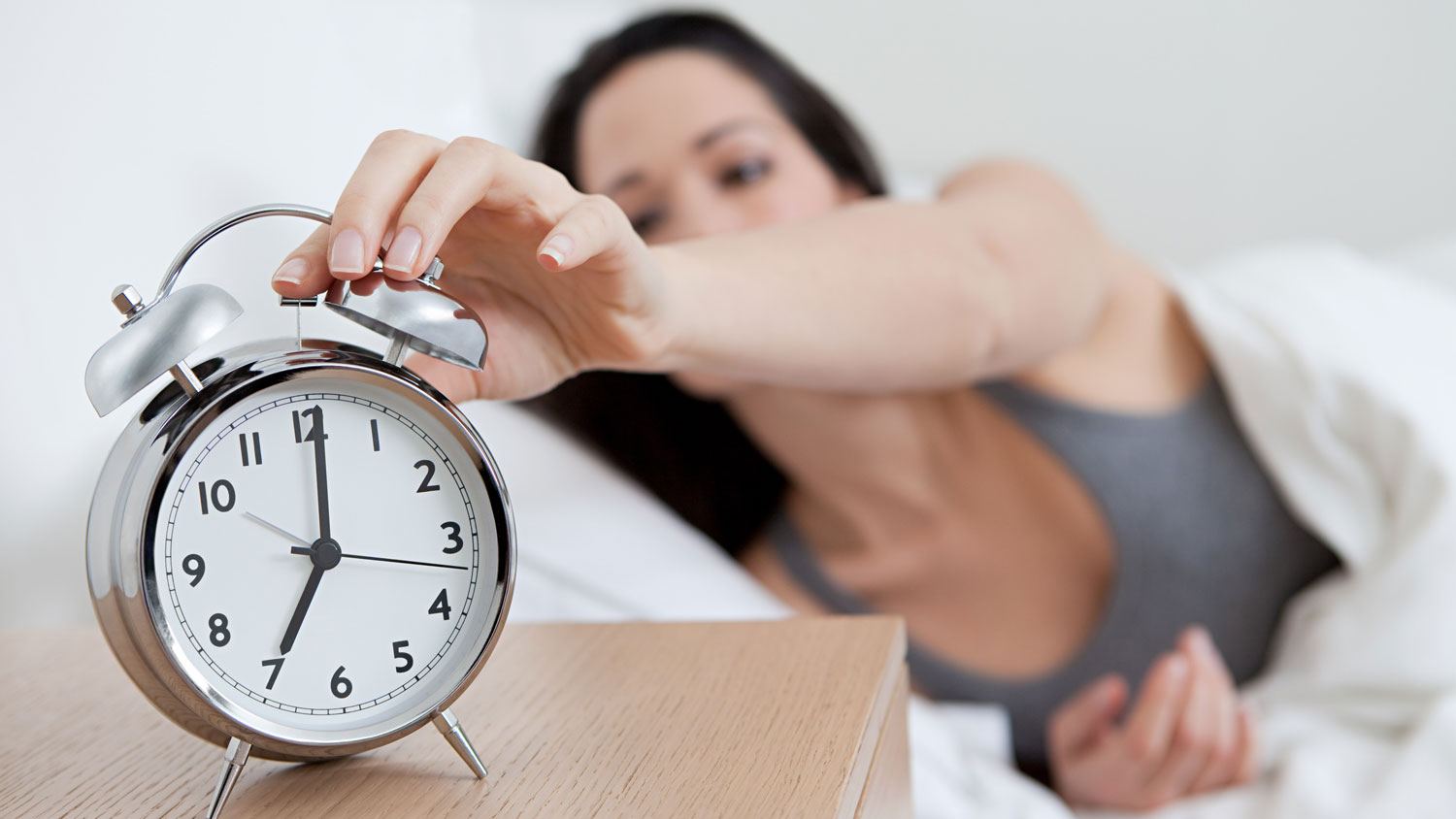
As we enter the spring/summer months, it’s time for the clocks to go forward. This means the days will get longer and there will be more sunlight in the evenings, thanks to daylight savings.
But, the UK clock change means you lose an hour of sleep. The benefits of getting a good night’s sleep are endless, from better brain function and reduced stress levels to improved physical, mental and emotional health. Getting one less hour of sleep might not sound like a lot, but it can have an impact on how you feel the next morning and the week afterwards.
As the loss of time isn’t something we can control, it’s important to set yourself up for sleep success so the clock change doesn’t affect you too much. To find out how to tackle the clocks going forward, we spoke to sleep experts at Sealy UK and MattressNextDay and they gave us 6 tips for getting a good night’s sleep after the clocks change this weekend.
- Give yourself the best night’s sleep with the best mattress
When do the clocks go forward this year?
In the UK, the clocks will go forward by 1 hour on Sunday 26th March 2023 at 1am, according to GOV.UK. This means as the clocks hit 1am on Sunday morning, the clock change will spring this forward to 2am. This time period is called British Summer Time (BST) and as there’s more daylight in the evenings, this is called Daylight Saving Time. BST will be in effect from Sunday 26th March until the clocks go back on Sunday 29th October.
How to sleep better after the clocks change
1. Gradually adjust your sleep schedule
According to Martin Seeley, CEO at MattressNextDay, you should try to get ahead of the clocks going forward by adjusting your sleep schedule a few days before the time change. To do this, try “going to bed and waking up 15 minutes earlier each day as this can help your body adjust to the new schedule more smoothly.” This slight change in wake-up and wind-down time shouldn’t be too drastic but could make a big difference with how you feel when you get up on Sunday morning.

2. Resist the temptation to nap or lie in
A mistake people make when the clocks go forward is having a lie-in but this is actually the worst thing you can do. Sleep expert at Sealy, Alison Jones says that “sleeping for longer than usual can send your natural body clock out of balance, which can make falling asleep at night more difficult. The same applies for napping in the day which can disrupt your natural sleep schedule.” Resisting this temptation can be difficult but if you want to get a good start to the next week, it’s vital that you try to stay consistent with your night routine. Jones says that if you feel you need extra rest during the day the clocks change, you should try having a nap for 20-30 minutes between 1-2pm to recharge your body. Check out how to have the perfect nap for our golden napping rules.
3. Limit caffeine, alcohol & electronics
The next tip is a sleep hygiene rule that you should be sticking to regularly as consuming caffeine, alcohol and blue light too close to bedtime can have a huge effect on the quality and quantity of your sleep. Alcohol and caffeine should be limited in the days leading up to the time change, and electronics in bed are a big no-no if you want to be able to fall asleep at night.
4. Regulate your temperature
To help deal with the time change and falling asleep in general, you should be regulating your temperature. Jones from Sealy says “temperature is an important thing to monitor as our body uses it to set our circadian rhythm… sleeping in a colder room can increase deep sleep and while the optimum temperature for sleep differs from person to person, most medical professionals recommend between 16-18°C.” As spring comes with warmer temperatures, keeping your bedroom windows open is more attainable and studies have shown sleeping in a cold room helps you fall asleep faster, sleep more deeply and wake up less times in the night (see why sleeping in a cold room is better for you for more).

5. Get outside
Now that the colder weather is on the way out, it’s warmer outside and there’s more light during the day. Sunlight has a powerful effect on your mental health, especially for those who might be suffering from SAD, so it’s important to spend time outdoors during the daylight hours. Research also shows that “spending a small amount of time outdoors away from artificial light can have a positive impact on your sleep schedule, enabling your body to align to the natural light pattern”, says Jones.
6. Stick to a consistent & calming nighttime routine
Sticking to your regular nighttime routine is incredibly important if you want to sleep well and function properly. Seeley from MattressNextDay says “going to bed and waking up at the same time each day, even on weekends, can help regulate your body’s internal clock and promote better sleep.” Along this vein, trying to make your bedtime routine as calm as possible is also a good idea so you start the week off with a clear mind and signal to your body that it’s time to rest. Do this by reading a book, taking a bath or practicing meditation.







